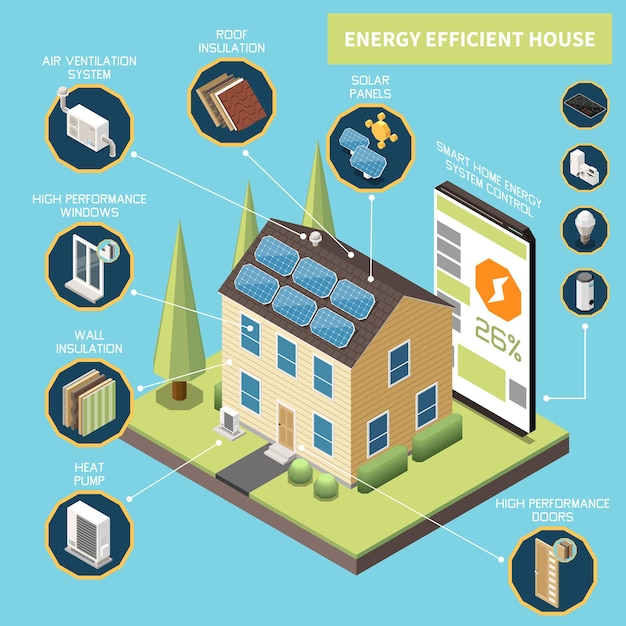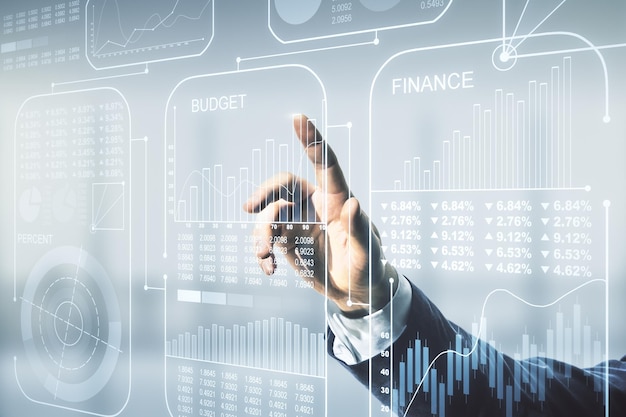
If you’re contemplating a solar panel investment, it’s essential to weigh the pros and cons. Solar energy presents an exciting opportunity for property owners, but like any investment, it comes with its own set of upsides and downsides.
Pros of Solar Panels:
1. Reduced or eliminated electricity bills
Switching from conventional to solar energy could provide sizable fiscal savings. Over two decades, you may save between $10,000 and $30,000, determined by location, home size, and power usage. With increasing electricity costs, approximately five percent annually, going solar can offer a financial buffer.
2. Increased home valuation
According to the Office of Energy Efficiency and Renewable Energy, photovoltaic systems can likely boost a property’s value. Homebuyers nationwide have demonstrated an approximate $15,000 willingness to pay more for properties equipped with average-sized solar installations. If you plan on relocating soon, your solar panel costs could be recovered, and more, at the point of sale.
3. Decreased carbon emissions
Solar systems generate power emissions-free. Although manufacturing solar equipment does carry a carbon footprint, the resulting energy derived is clean and pollutant-free. Installing solar panels helps you lower your carbon emissions by over 3,000 pounds per year.
4. Option to sell surplus energy
Dependent on your location, net metering could apply to you. This system stores excess solar energy you’ve produced in the electrical grid. Unused solar electricity can be credited back, potentially allowing you to offset your bill or sell energy back into the grid.
5. Gaining energy independence
Solar panels empower homeowners to self-generate energy, leading to less reliance on the conventional electrical grid. On a grander scale, American adoption of solar and other renewables could foster national energy independence.
Cons of Solar Panels:
1. Significant upfront expenditure
Initial costs for materials and installation can exceed $20,000, prior to applying federal tax credits. The hefty upfront price tag is a notable downside of solar installations. System cost differences can arise due to each state’s incentives and specific circumstances.
2. Slow return if you’re relocating soon
While solar investments have a sound financial return, reaching the break-even point requires time, with the US average being around seven and a half years. This issue is circumventable by purchasing your system outright or using a loan.
3. Dependence on weather
The efficacy of solar panels is tied heavily to sunlight exposure, meaning cloudy regions or extended periods of overcast weather can impact your system’s output. Updating your expectations for lower winter returns is prudent.
4. Compatibility issues with certain roofs
Older homes or historical properties with slate or cedar tiles can present issues for solar installations. However, alternative solutions like ground-mounted panels or investing in a community solar garden offer workarounds for this issue.
5. Moving comes with costs
Once you’ve installed solar panels, moving them could be expensive. Acquiring a specialist to uninstall then reinstall can inflate your costs.
Conclusion:
The pros and cons of solar panel investment suggest a balancing act. Solar technology continues to evolve, implying the likelihood of periodic glitches. You can expect a beneficial return on your investment, though this may take time. Solar energy provides an opportunity to create, preserve, and potentially profit from an environmentally sound power source. As clean, renewable energy, solar can continually shrink your carbon footprint over time.


